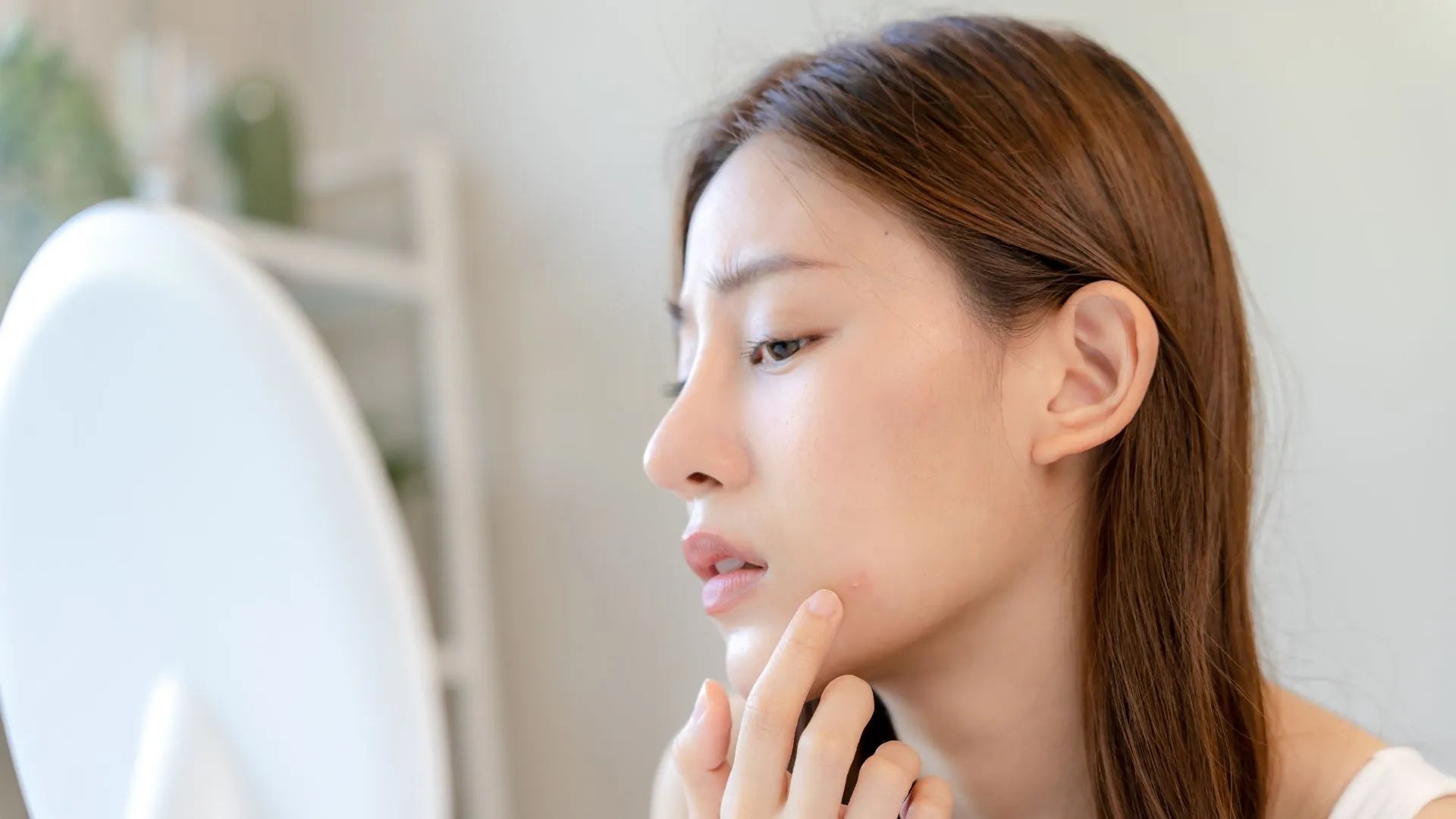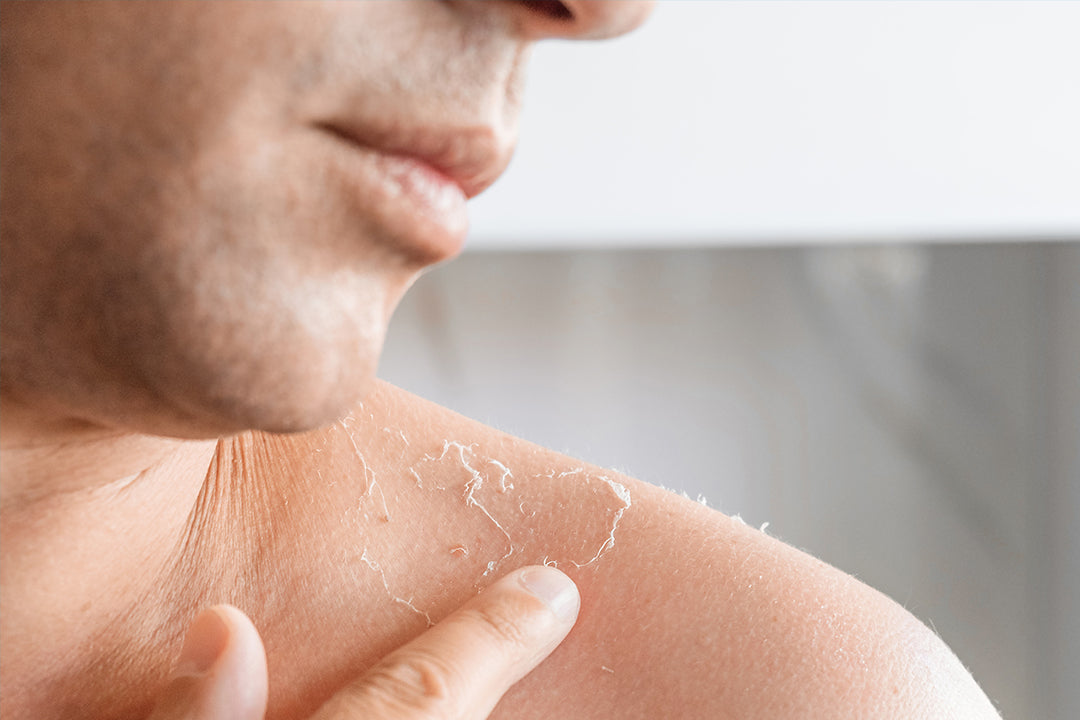Glycolic acid is an ingredient that comes in many acne products. It is known for its exfoliating properties and ability to improve the texture and appearance of the skin. Many people wonder if glycolic acid can be used to treat hormonal acne specifically. In this article, we will explore the potential benefits of using glycolic acid to treat hormonal acne and provide information on how to incorporate it effectively into your skincare routine.
How Does Glycolic Acid Work on Acne?
Glycolic acid belongs to a group of alpha-hydroxy acids (AHAs) that are widely used in skincare products. It works by exfoliating the top layer of the skin, promoting cell turnover, and unclogging pores. By removing dead skin cells and excess oil, glycolic acid can help prevent the formation of acne-causing bacteria and reduce inflammation.
Benefits of Glycolic Acid on Hormonal Acne
Glycolic acid has several benefits when it comes to treating hormonal acne:
- Exfoliation: Glycolic acid effectively exfoliates the skin, removing dead skin cells and unclogging pores.
- Reduces Inflammation: Hormonal acne is often characterized by inflammation. Glycolic acid has anti-inflammatory properties that can help reduce redness and swelling associated with hormonal acne.
- Improves Skin Texture: Regular use of glycolic acid can improve the overall texture and smoothness of the skin, making it appear more radiant.
How to Use Glycolic Acid on Hormonal Acne
When using glycolic acid to treat hormonal acne, it is important to follow these guidelines:
- Start Slowly: If you are new to glycolic acid, start with a lower concentration and gradually increase the strength as your skin becomes accustomed to it.
- Use a Cleanser or Toner: Incorporate a glycolic acid-based cleanser or toner into your skincare routine. These products are typically formulated with a lower concentration of glycolic acid and can be used daily.
- Spot Treatment: For more targeted treatment, you can apply a glycolic acid spot treatment directly onto active acne lesions. This can help reduce inflammation and promote faster healing.
- Moisturize and Protect: After using glycolic acid, it is essential to moisturize your skin and apply sunscreen. Glycolic acid can make your skin more sensitive to the sun, so protection is crucial.
Side Effects and Precautions
While glycolic acid is generally safe to use, it is important to be aware of potential side effects and take necessary precautions:
- Skin Irritation: Some people may experience mild irritation, redness, or peeling when using glycolic acid. If this occurs, reduce the frequency of use or discontinue use altogether.
- Sun Sensitivity: Glycolic acid can increase your skin's sensitivity to the sun. When using glycolic acid, always apply sunscreen with a high SPF, and limit sun exposure.
- Not Suitable for All Skin Types: Individuals with sensitive skin or certain skin conditions may not tolerate glycolic acid well. It is always best to consult with a dermatologist before incorporating any new skincare product into your routine.
When to See a Dermatologist
If your hormonal acne persists despite using glycolic acid and other over-the-counter treatments, it may be time to see a dermatologist. A dermatologist can assess your skin condition and recommend appropriate prescription treatments or procedures to effectively manage hormonal acne.
Frequently Asked Questions
What does glycolic acid do to your face?
Glycolic acid exfoliates the skin, unclogs pores, and improves skin texture and tone.
Is it okay to use glycolic acid every day?
It is generally safe to use glycolic acid daily, but it is essential to monitor your skin's reaction and adjust the frequency of use accordingly.
Can I use vitamin C with glycolic acid?
Yes, you can use vitamin C with glycolic acid. These two ingredients can complement each other and provide additional benefits for the skin.
Is glycolic acid good for dark spots?
Glycolic acid can help fade dark spots and hyperpigmentation by exfoliating the skin and promoting cell turnover.
The Bottom Line
Glycolic acid can be an effective treatment for hormonal acne. It exfoliates the skin, reduces inflammation, and improves overall skin texture. However, it is important to start slowly, monitor your skin's reaction, and take necessary precautions such as using sunscreen. If your hormonal acne persists or worsens, consult a dermatologist for further evaluation and treatment options.








